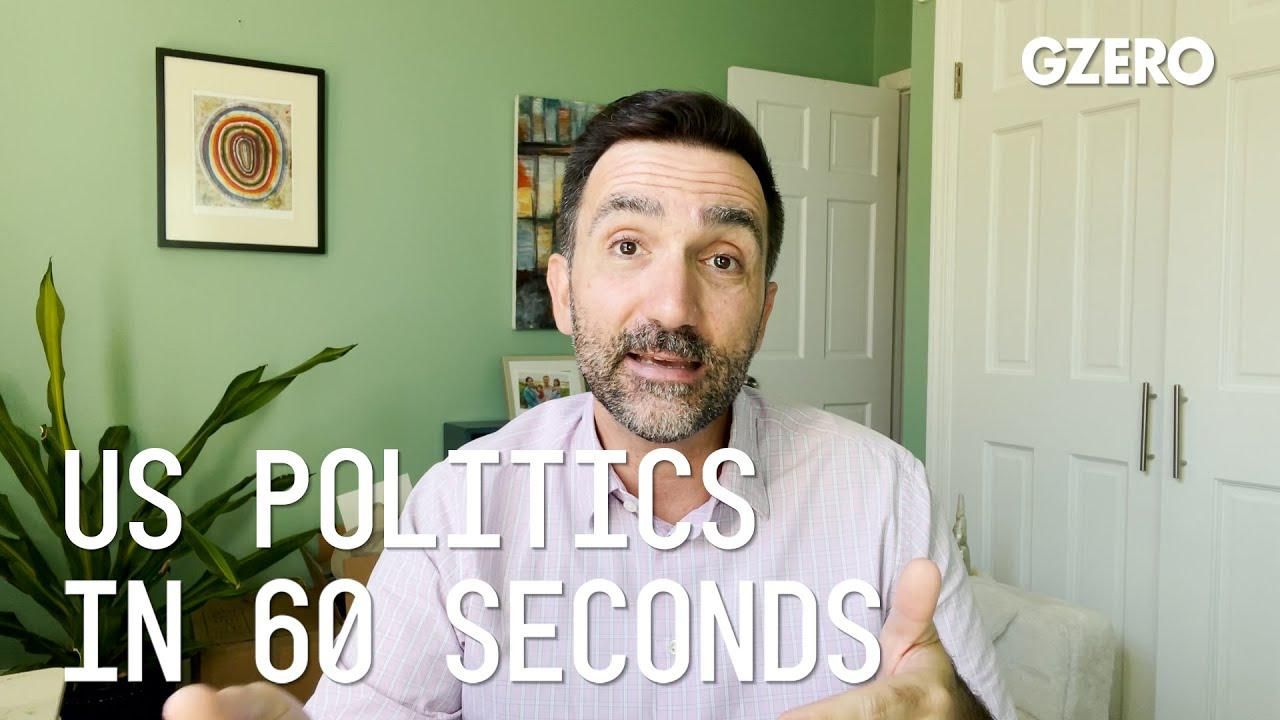
Jon Lieber, head of Eurasia Group's coverage of political and policy developments in Washington, shares insights on US politics:
A Trump media platform? Is this for real?
This week, President Trump announced his potential return to social media through the creation of his own digital media platform that's going to merge with an existing publicly-traded company in a deal known as a SPAC. These deals are increasingly popular for getting access to capital, and it seems like that's where President Trump is headed.
The publicly-traded company's stock was up on the news, but it's really hard to see this coming together. The Trump media company claims it wants to go up against not only Facebook and Twitter, but companies like Amazon and cloud computing and even Disney providing a safe space for conservatives to share their points of view. The fact of the matter is, conservatives do quite well on existing social media platforms when they aren't being kicked off for violating the terms of service, and other conservative social media platforms that have attempted to launch this year haven't really gone off the ground.
More likely, this is a recognition by President Trump that he's unlikely to be restated into Facebook and Twitter anytime soon, and that can really matter because it will end up silencing, taking away one of his key platforms in the run up to the 2022 midterms and potentially as he prepares his own run for president in 2024.
It's possible that next year we'll all be sharing cat pictures on President Trump's social media platform, but these platforms take years to build, involving millions of dollars of investment and people and technology, and critically, they need a critical mass of a network to get them off the ground. It's really hard to see that happening. I'd be surprised if this SPAC even goes ahead.